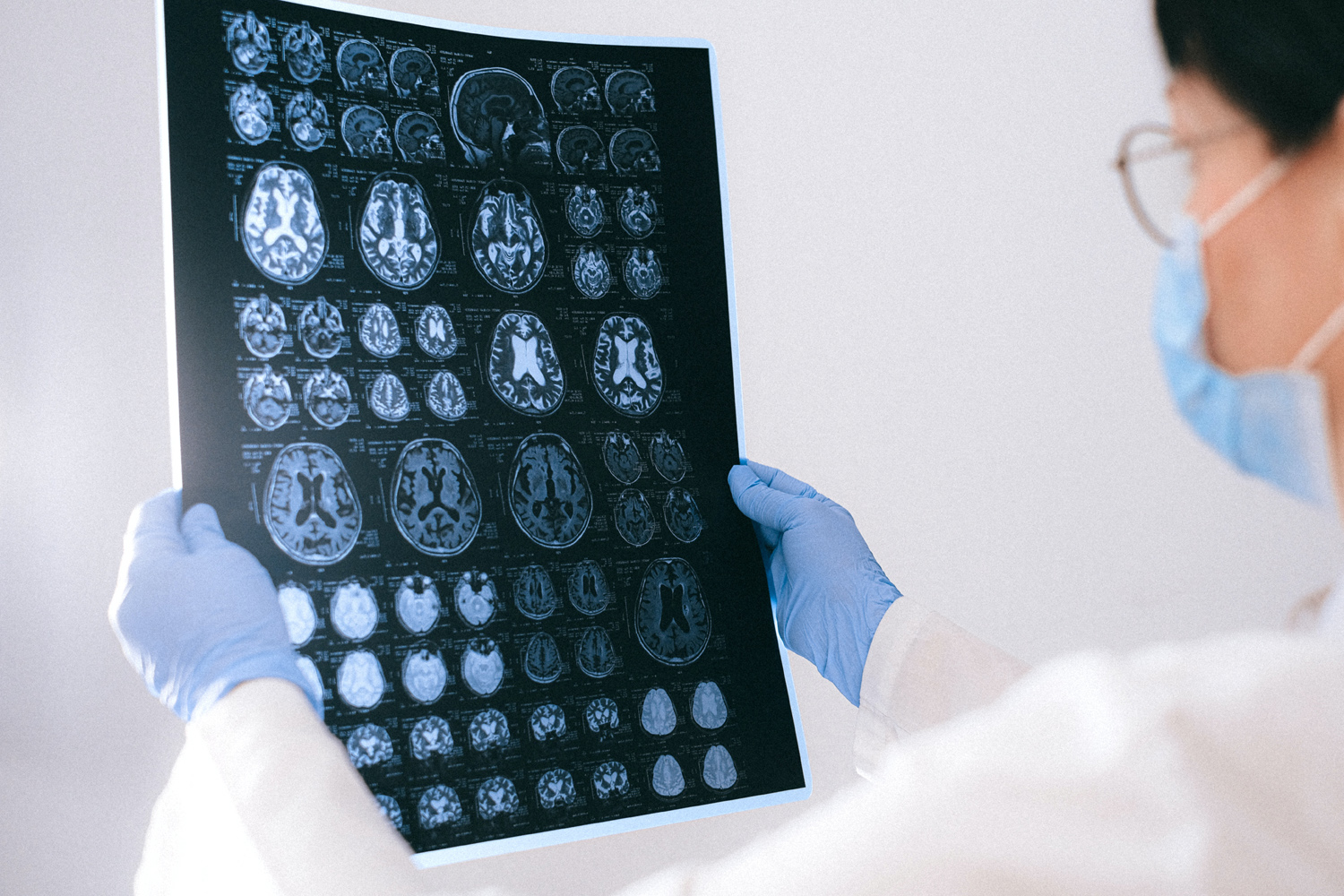A person who has sustained a serious TBI, or repeated TBI’s, is at risk of dementia and chronic traumatic encephalopathy (degenerative brain disease).
TBI Diagnosis & Testing
Because a TBI is not obvious to the naked eye, it can often be difficult to self-diagnose. In fact, a TBI is often undetectable even by an X-ray, CT scan or MRI. Confirming the extent of the injury without hard data that measured cognitive performance prior to the injury is frequently challenging.
In Central Oregon, we luckily have access to the St. Charles Concussion Management Program as well as The Concussion Center. They both offer baseline testing via the Immediate Post-Concussion Assessment and Cognitive Test or “imPACT”.
The imPACT test is a computerized neurocognitive exam that measures brain function. Ideally, everyone at higher than average risk of sustaining a TBI should take the imPACT baseline test. This can include student athletes, recreational or competitive athletes, skiers or snowboarders, bikers, motorcyclists, etc.
With a baseline in place, the imPACT test can then be retaken after an injury. It provides the physician with a detailed comparison of neurological function pre and post injury, which will allow a much more detailed and targeted recovery plan.
How to Recover From a TBI After an Accident
Recovering from a closed head injury depends on the injury severity, as well as the age and health of the afflicted. Essentially though it comes down to rest – both physical and cognitive. It is important to normalize sleep patterns and avoid activities that are physically or mentally demanding.
My son was a student-athlete and sustained two major closed head injuries while playing team sports in high school. Being closely involved with his recovery process, I have firsthand experience with the wealth of valuable information that can be captured with the imPACT test.
I use that understanding now to guide my clients to recovery, and to convey the significance of these types of injuries in the courtroom so my clients get what they deserve.
I strongly encourage a baseline imPACT test for everyone, but especially those at higher risk of a traumatic brain injury. To schedule, call the St. Charles Concussion Management Program at (541) 382-4321 or The Concussion Center at (541) 322-2352.

